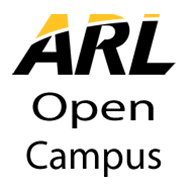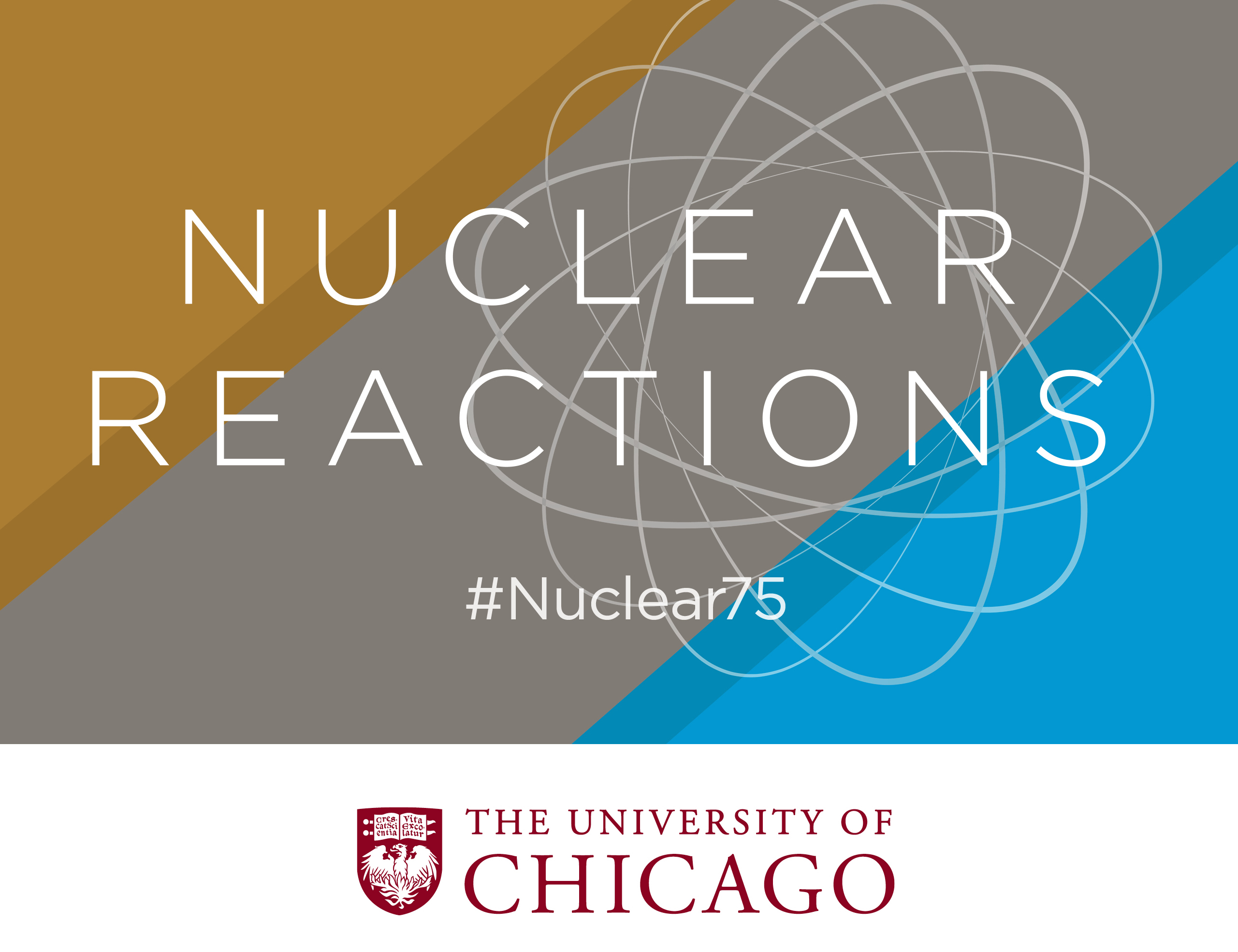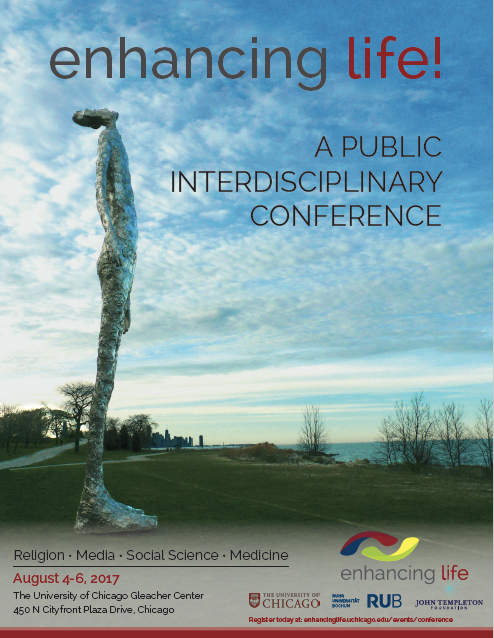This news story comes from our friends at the Computation Institute, please visit their website for more science news.
WRITTEN BY: ROB MITCHUM
Using data to better understand and improve cities is no longer a revolutionary new idea. Cities across the world now release data publicly and use data internally to drive better services, social scientists increasingly use “big” data and computation to study urban environments, and civic hacking groups create data-driven websites and apps to inform and benefit communities. But in many ways, these are just the low-hanging fruit of urban data science, which remains a young field with more promise than results.
The first University of Chicago Convening on Urban Data Science, organized by the CI’s Urban Center for Computation and Data (UrbanCCD), the Harris School of Public Policy, and UChicago Urban, reflected this early stage of growth. There was ample enthusiasm about early projects using analytics, sensing, mapping, and both public and private data sources. There was excitement about the future and new collaborations formed across countries, disciplines, and public/private/academic spheres. But there were also passionate discussions about the ethical and moral implications of urban data science, an important reflection for a fast-growing field with the goal of improving policy and people’s lives.
Many of those topics were addressed at the very start by Julia Lane, Professor at the NYU Center for Urban Science and Progress (CUSP), who focused her keynote speech on the rapid maturation of urban data science. Her stance was that the social science of cities, as it starts to grapple with massive datasets and major instrumentation projects, must look to preceding “Big Science” projects in physics, genomics, astronomy, and other fields for guidance.
“In common with other areas of science, the scale is changing,” Lane said. “It’s not just that we can measure these things; we have to stop and think, what are we measuring? What are the research questions? That’s where the science comes in.”
Among her recommendations were to build a community of scientists, avoid building closed-off “data dungeons,” and to identify key priority areas to focus on first. She also proposed that city/university partnerships would be the ideal fundamental node of urban science activity, creating a new system where local data collected on the city level flowed up to the federal level, instead of the current model where federal agencies such as the U.S. Census Bureau collect and release most data on American cities.
Luckily, those themes were already well represented in the Convening’s agenda. A panel on partnerships between academia and policymakers included university groups such as Urban Labs, which is working with Los Angeles County on homelessness and poverty, and City of Chicago Chief Data Officer Tom Schenk, who leads predictive analytics efforts for city health inspections and the launch of Chicago’s OpenGrid platform. Schenk said that open data and open source technology have opened up new partnership opportunities, such as a community effort to better predict beach e. Coli levels this summer, and allowed Chicago to share its data products with other cities.
The conference’s second day began with a focus on ethics, based around a presentation byPeter Elias from the University of Warwick and Hallvard Fossheim of the University of Bergen. The two speakers were part of the team behind an upcoming Organization for Economic Cooperation and Development report on research ethics in urban data science, and their summary of the task force’s recommendations sparked a spirited conversation.
The foremost topic was informed consent in an age of increased data collection, where the public may not always be aware of how their data will be used by governments and researchers. Where the report recommended the use of Ethics Review Boards similar to those seen in medical research, a response panel including Lane, Nicole Marwell from UChicago, and NSF's Peter Muhlberger argued instead for a Code of Ethics to create research norms for urban science, as well as a commitment to only pursue research where potential benefits exceed potential risk.
An example of that balancing act was provided by Pete Edwards of the University of Aberdeen, who described a project in rural Scotland that used GPS locations from bus passengers’ cell phones to estimate bus arrival time for other riders. Even though the passengers’ personal data was not shared, because of the low population in the area, it was not difficult to determine who each passenger probably was based on where they got on and off the bus. But when the researchers expressed their privacy concerns to the community, the members said it was worth the access to bus arrival information -- even believing bus service had improved despite no changes to arrival frequency.
Like what you're reading? Check out the full story here.




